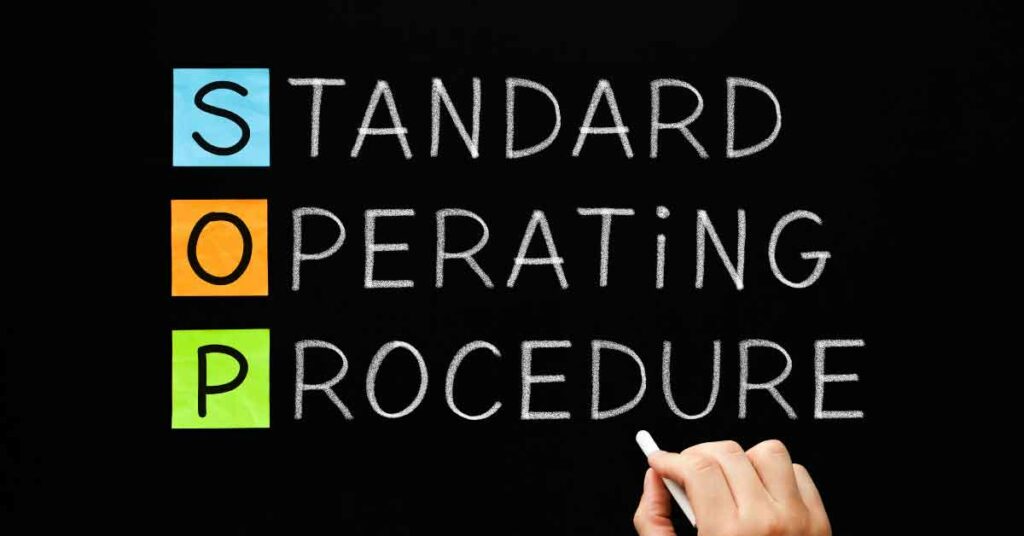Remote Work Efficiency 101 for Entrepreneurs
Is “remote work efficiency” a real thing?
With more and more businesses moving to remote work, there’s a big debate going on. Is working from home as good as working in an office?
Some companies have reported work slowing down with remote positions, asking their teams to come back to the office.
Some argue that when people work from home, they become lazy, and work gets done slower.
However, here at Anequim, we believe there’s no such thing as an inefficient remote workforce but rather inefficient ways in which companies are implementing remote roles.
In this Boostrapper episode, Gwenn Aspen and Matt Tompkins from Two Brothers Creative discuss all remote work efficiency in today’s business environment.

The Problem with Corporate America and Remote Work Efficiency
So, why are we seeing increasing numbers of companies reporting that remote work is inefficient?
Listen to the full episode.
The problem isn’t in the way the remote nature of the job, but in the way leaders lead their teams.
An inefficient corporation will be inefficient both remotely and in person.
The Manager Positions
In the modern corporate landscape, particularly in America, one of the most pressing problem is the misplacement of employees into roles they are not adequately prepared for.
This issue, of course, is not limited to physical offices but also extends to virtual environments.
A common practice in many companies is promoting high-performing employees to managerial positions.
On the surface, this seems like a logical step.
However, an employee who excels at their job might not necessarily have the leadership skills or the emotional intelligence required to manage a team effectively.
Remote Work Skills
Another common problem with corporations implementing remote work is that they haven’t had the proper training and skills to manage a remote environment.
Remote work requires a different set of skills and strategies compared to traditional office work, and the truth is that many leaders are not willing to make these changes, so they would rather have all their teams back in the office.
To make remote work efficient, managers need to learn to navigate the new virtual space, especially in written communication, as well as being proficient in various digital tools.
They also need to be able to implement trust-building, maintain engagement, and ensure accountability from their remote staff.

Lack of Preparation
It basically all comes down to one thing: lack of preparation.
Lack of preparation can lead to a variety of negative outcomes. It can result in poor team performance, decreased morale, and increased turnover rates.
Additionally, it can create a toxic work culture where employees feel undervalued and overworked.
We are seeing more and more companies calling their workforce to the office because leaders aren’t willing to prepare their teams to do remote work.
Therefore, if you are planning to go remote, it’s crucial to prepare employees properly for virtual roles. This could involve providing comprehensive training programs, implementing mentoring systems, or even reevaluating promotion strategies.
The Benefit of Remote Work Done Right
What happens when you have an effective and well-prepared remote work environment?
When implemented correctly, it can lead to significant growth and positive results.

Avoid In-Office Complaints
An additional advantage of remote work is its potential to reduce workplace complaints.
A physical office filled with employees can sometimes breed conflict and tension, from petty disagreements to more serious disputes.
Remote work allows individuals to create their own work environment tailored to their preferences. This autonomy can help alleviate common office frustrations of having to share the space with others on a daily basis.
Processes and Procedures for Remote Work Efficiency
For remote work to be effective, it’s crucial to have a company driven by well-defined processes and procedures.
This approach ensures team members remain accountable for their tasks, fostering an environment of responsibility and productivity.
At Anequim, we use tracking programs designed to enhance efficiency and foster accountability.
These systematic procedures, like the Entrepreneurial Operating System (EOS), provide a structured framework for remote work.

Create a Space for Growth
With clear processes in place within the remote work setting, employees are empowered to focus on honing their skills and capabilities.
This not only paves the way for their personal and professional growth but also encourages them to proactively seek opportunities for company-wide improvement.
By creating this space for growth, employees are motivated to make processes more efficient, saving time and resources.
This proactive approach not only benefits the individual but also contributes to the overall success and growth of the company.
Start seeing the Results of Remote Work Efficiency
Are you ready to start seeing the results of remote work? We are here to help you! A team of professionals will find the perfect remote candidate for your business and provide coaching and mentoring for ultimate efficiency.
Want more? Download our 20-minute time-saving hack and start seeing the result in your personal and professional career.